For people, 'here' signifies not merely a physical space, but also an historical space
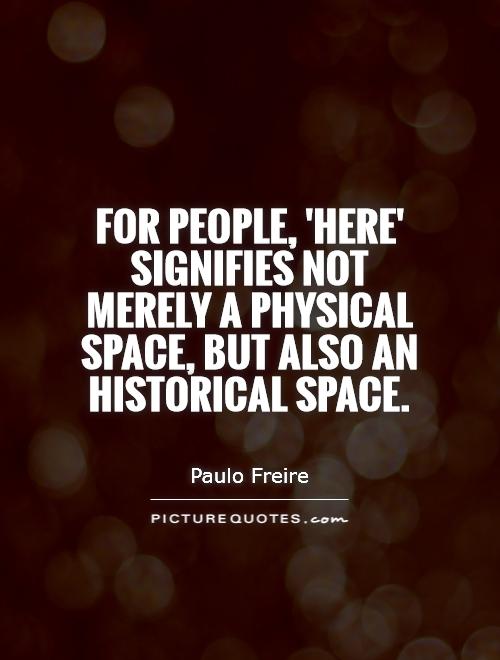
For people, 'here' signifies not merely a physical space, but also an historical space
Paulo Freire, a Brazilian educator and philosopher, is best known for his critical pedagogy and his emphasis on the importance of understanding the historical context in which individuals exist. In his seminal work, "Pedagogy of the Oppressed," Freire argues that for people, "here" signifies not merely a physical space, but also an historical space. This concept is central to Freire's understanding of education as a tool for liberation and social transformation.Freire believed that individuals are shaped by their historical context, including the social, political, and economic forces that have influenced their lives. He argued that in order to truly understand the world and their place in it, people must critically examine the historical forces that have shaped their reality. This means recognizing the ways in which power structures, inequalities, and injustices have influenced their lives and the lives of others.
For Freire, education is a key tool for helping individuals to critically engage with their historical context and to work towards social change. He believed that traditional education often serves to reinforce existing power structures and inequalities, by promoting a passive acceptance of the status quo. In contrast, Freire advocated for a pedagogy of liberation, in which educators and students work together to critically analyze and challenge the social forces that oppress them.
By understanding the historical context in which they exist, individuals can begin to see the ways in which they are both shaped by and can shape their reality. This awareness can empower individuals to work towards social change and to create a more just and equitable society. Freire's concept of "here" as both a physical and historical space underscores the importance of understanding the interconnectedness of individuals and their social context.
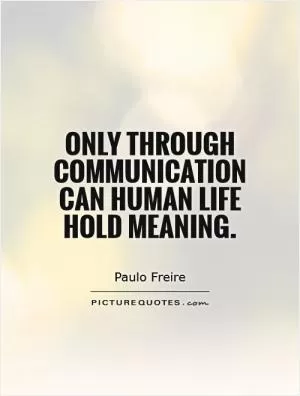
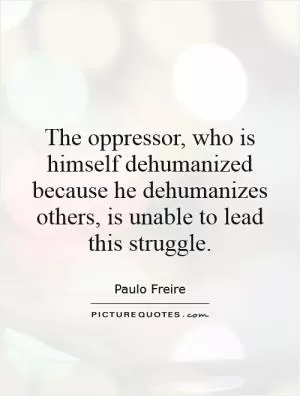
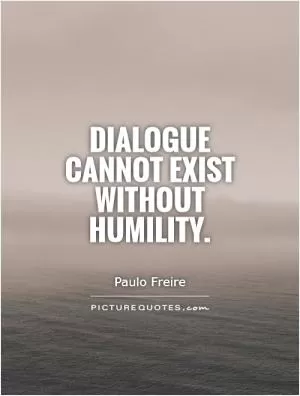

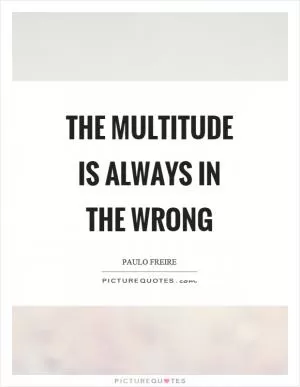
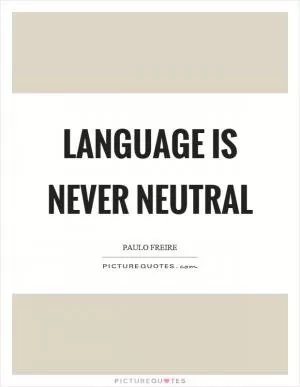
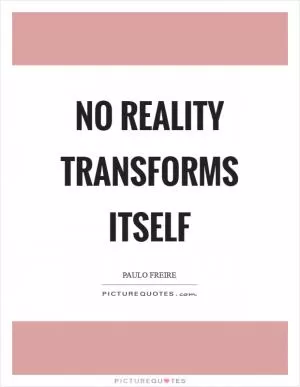
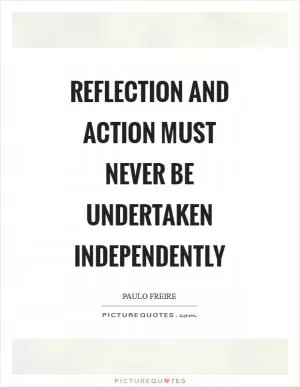
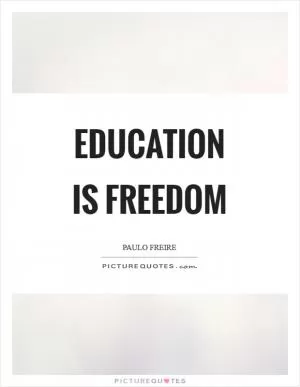


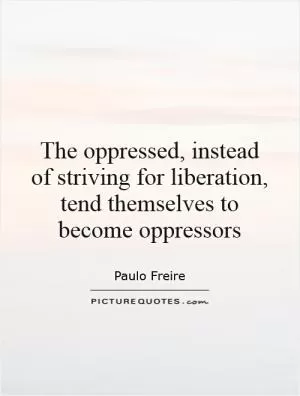
 Friendship Quotes
Friendship Quotes Love Quotes
Love Quotes Life Quotes
Life Quotes Funny Quotes
Funny Quotes Motivational Quotes
Motivational Quotes Inspirational Quotes
Inspirational Quotes